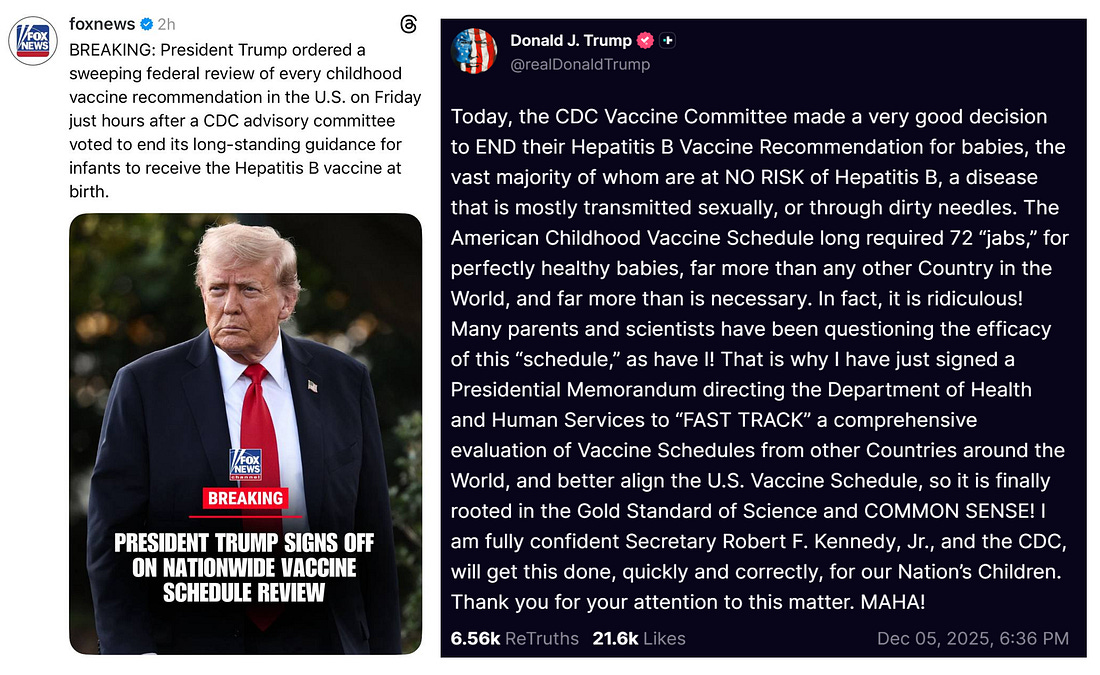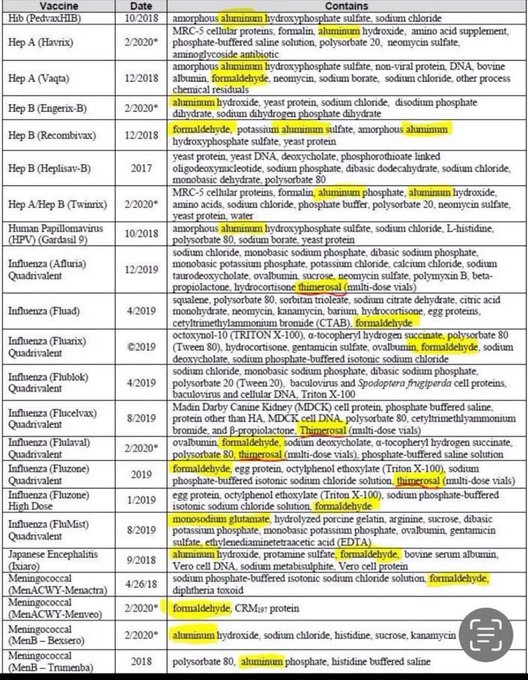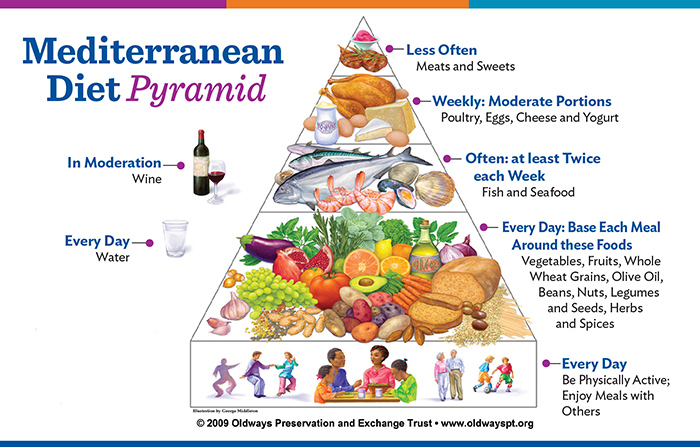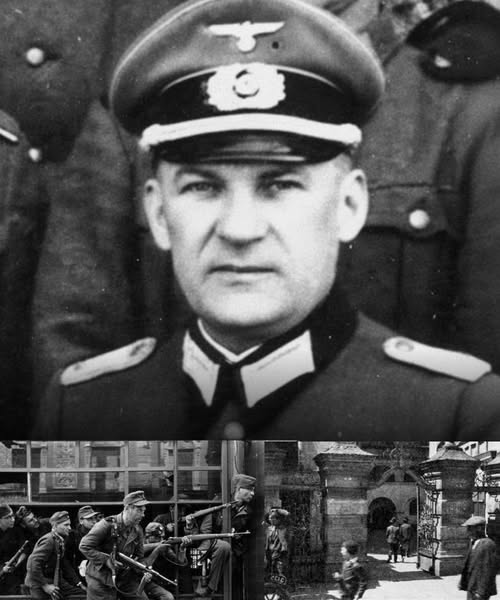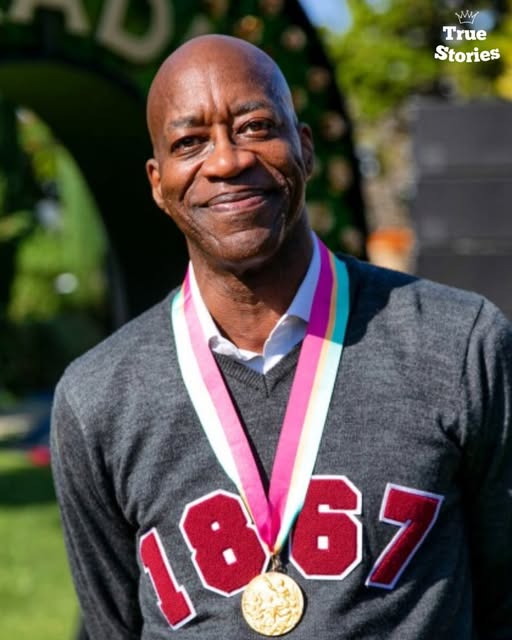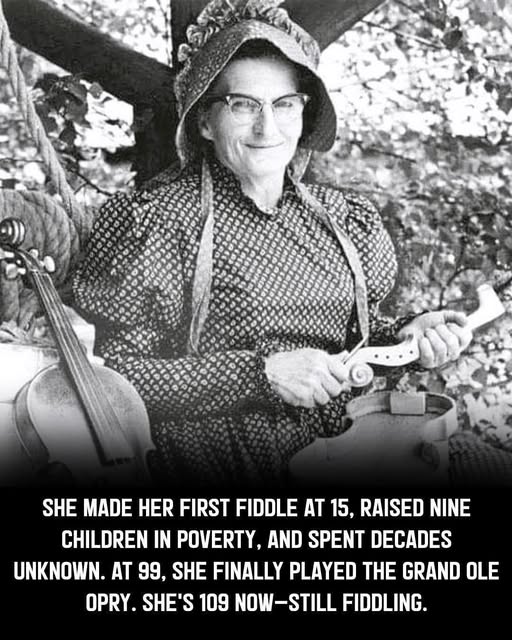
In 1931, a fifteen-year-old girl in the Arkansas backwoods told her father she wanted to make a fiddle.
He pointed to his tools and a pile of wood. “There’s what you need. Help yourself.”
Violet Brumley picked up a knife and started whittling.
Her father, George Washington Brumley, had made his first fiddle in 1888 when he was fourteen years old—back when homesteaders built everything themselves because buying wasn’t an option. He’d traded fiddles for wagons, shotguns, milk cows. A fiddle was worth a dollar, maybe, if you sold it for cash.
Violet watched him work, learning which woods sang and which stayed silent. She memorized the curve of the neck, the arch of the top, the precise placement of the sound post. No blueprints. No instruction manual. Just memory and feel.
It took her months to finish that first fiddle. When she drew the bow across the strings, the sound was perfect.
She was hooked.
But life had other plans.
At eighteen, Violet married Adren Hensley. The babies started coming—nine children in all, born while the family scraped by on subsistence farming. They were so poor, Violet later joked, that “if the flies had anything to eat, they’d bring their own food.”
Between 1932 and 1934, she made three more fiddles. Then fiddle number four.
Then nothing. For twenty-seven years.
Nine children don’t raise themselves. Fields don’t plow themselves. There was no time for five-gallon buckets of wood shavings and 250-hour crafting projects when you were trying to keep your family fed.
The fiddles gathered dust. The music stayed quiet.
The family moved to Oregon to pick fruit—strawberries, potatoes, prunes. Migrant work. Survival. In 1959, they heard about cheap land near Yellville, Arkansas—forty acres for $250. They moved back, bought the land, started over.
Violet was in her forties. Her children were growing up. And slowly, quietly, she picked up her knife again.
In 1961, she made fiddle number five.
The break was over. She was a fiddle maker again.
By 1962, at age forty-six, someone convinced her to enter the local Turkey Trot Talent Show in Yellville. She came in second. At the show, she met Jimmy Driftwood, a folk musician who invited her to play at his theater in Mountain View.
That led to the War Eagle Craft Fair.
Which led to Silver Dollar City discovering her in 1967.
The theme park in Branson, Missouri, originally wanted her as a woodcarver. But when they heard her play the fiddles she’d made with her own hands—heard her unique style, her Ozark rhythms, her refusal to play like anyone else—they changed their minds.
They wanted her to fiddle.
And suddenly, after fifty years of obscurity, Violet Hensley became famous.
Not movie-star famous. Folk-legend famous. The kind where Charles Kuralt shows up to interview you for CBS News. Where National Geographic features you in 1970. Where producers from Captain Kangaroo and The Beverly Hillbillies call asking if you’ll appear on their shows.
She traveled to promote Silver Dollar City, appearing on The Art Linkletter Show in 1970, walking around eating ice cream with “Granny” when The Beverly Hillbillies filmed episodes at the park. In 1977, she danced with Mr. Green Jeans on Captain Kangaroo. In 1992, she was on Live with Regis and Kathie Lee.
Through it all, she kept making fiddles. Seventy-four in total, each one taking about 260 hours of work. She used native Ozark woods—buckeye, sassafras, pine, spruce, basswood, cherry, curly maple, bird’s eye maple, quilted maple. She’d cut down the trees herself with a handsaw.
“Someone asked me a long time ago what my secret was of putting the tone into a fiddle,” she said. “The tone just comes in with the wood as best as I can figure.”
Her fiddles became treasures. Collectors paid thousands. Museums displayed them. But Violet kept a few she wouldn’t sell for any price.
She also learned to clog at age sixty-nine—doctor’s orders, after they told her to stop breaking horses and bareback riding. Her signature move became playing the fiddle on top of her head while clogging, her face beaming with pure joy.
For decades, she demonstrated at Silver Dollar City’s festivals. She released three albums with her family—daughters Sandra and Lewonna, husband Adren, son Calvin. The old-time tunes her father had taught her, songs that weren’t widely circulated, preserved through her hands and voice.
In 2004, the Arkansas Arts Council designated her an Arkansas Living Treasure.
But Violet had one dream left.
She’d grown up listening to the Grand Ole Opry on a battery-powered radio when she was nine years old, just after the show debuted in 1925. For ninety years, she’d listened to that program, playing along in her Arkansas cabin, imagining what it would be like to stand on that stage.
It seemed impossible. She was too old, too unknown, too far from Nashville’s spotlight.
Then fiddler Tim Crouch read her autobiography and found mention of her dream. He contacted Opry star Mike Snider.
And on August 6, 2016, at ninety-nine years old, Violet Hensley walked onto the Grand Ole Opry stage.
She wore a purple dress hand-sewn by her daughter Sandra. She carried fiddle number four, the one she’d made when she was seventeen years old.
The audience of 4,400 people rose to their feet before she even played a note.
Snider warned them: “This little lady plays her way.“
Violet launched into “Angelina Baker,” and the band scrambled to keep up with her rapid-fire fiddling. Her unique style—developed in isolation, learned from her father and the old-time fiddlers of the Ozarks—was unlike anything Nashville had heard.
When she finished, the applause was thunderous.
She returned in 2017 for her 100th birthday. Then again in 2018. Three times on the Opry stage, each time leaving audiences with their jaws on the floor.
In 2018, at age 101, she was inducted into the National Fiddler Hall of Fame.
And she kept going.
At 105, she contracted COVID-19. Her symptoms were mild. She recovered.
Today, at 109 years old, Violet Hensley is still alive in Yellville, Arkansas.
Her vision is too poor to make complete fiddles now, but she can still whittle by feel. She still demonstrates her craft. She still plays—fifty-eight years performing at Silver Dollar City and counting.
Her daughters say that while her muscles and words may fail her sometimes, the music never does. “For 109, she probably remembers more than we know, but just can’t say it. She feels it.”
The girl who made her first fiddle in poverty, who spent decades raising children in obscurity, who didn’t become famous until she was in her fifties, who finally achieved her lifelong dream at ninety-nine—she’s still here.
A living bridge to an Ozarks that barely exists anymore. A testament to craft, to patience, to the long game. A reminder that dreams don’t have expiration dates.
Her story started with a father telling his daughter to help herself to his tools. It continues with a 109-year-old woman whose handmade fiddles are museum pieces, whose music has inspired generations, whose life proves that fame delayed isn’t fame denied.
Violet Hensley didn’t become a legend by starting early or burning bright and fast.
She became a legend by never stopping. By making seventy-four fiddles one knife stroke at a time. By playing the music she loved for a century, whether anyone was listening or not.
And when the world finally noticed, she was ready. She’d been practicing for ninety years.
Would you have had the patience to spend decades perfecting a craft in obscurity, knowing your moment might never come?
